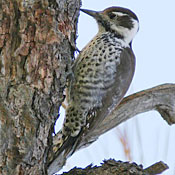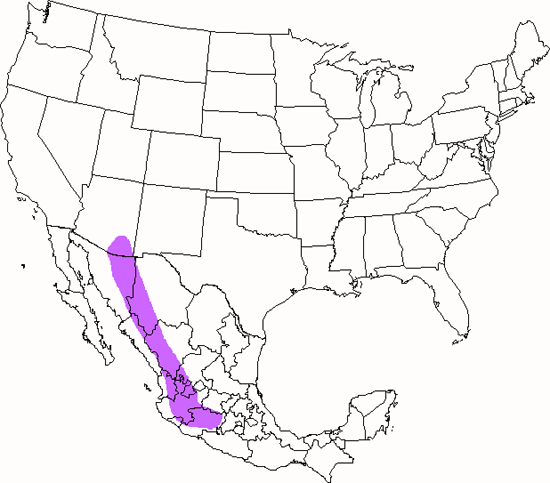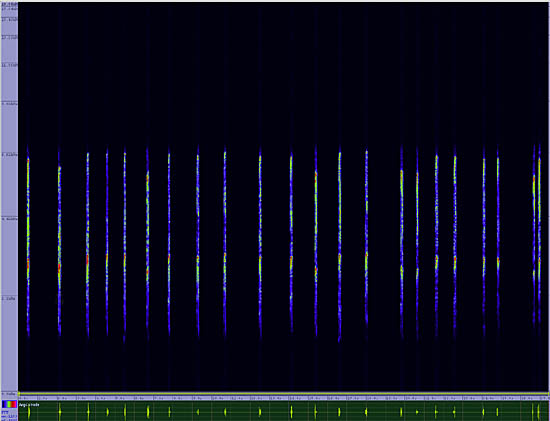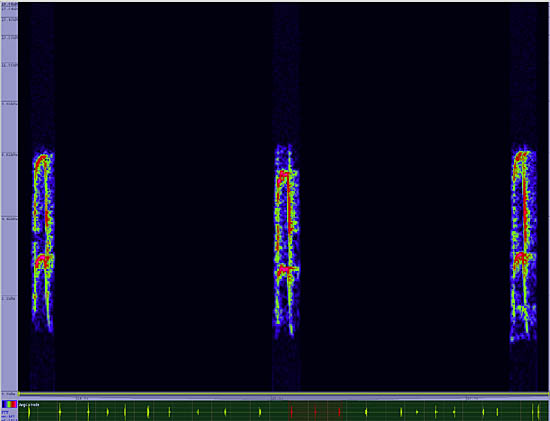Arizona Woodpecker
Picoides arizonae

Tree Clinging
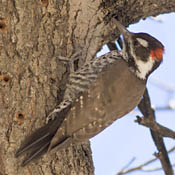
Length: 8 in. (19 cm )
Occurring only in pine-oak woodlands of western mountains, this woodpecker is often quite tame and easy to see as it pecks the surface of trunks and dead limbs at low to medium heights in the trees. It eats mainly insects but also fruit and acorns. Frequently the Arizona Woodpecker joins mixed species foraging flocks of titmice, bushtits and nuthatches. The nest is a cavity in a dead branch of a broad-leafed tree.
The four-digit banding code is STWO.
Bibliographic details:
- Article: Arizona Woodpecker
- Author(s): Dr. Biology
- Publisher: Arizona State University School of Life Sciences Ask A Biologist
- Site name: ASU - Ask A Biologist
- Date published: 13 Jul, 2017
- Date accessed: 13 August, 2025
- Link: https://askabiologist.asu.edu/activities/bird/arizona-woodpecker
APA Style
Dr. Biology. (Thu, 07/13/2017 - 15:36). Arizona Woodpecker. ASU - Ask A Biologist. Retrieved from https://askabiologist.asu.edu/activities/bird/arizona-woodpecker
Chicago Manual of Style
Dr. Biology. "Arizona Woodpecker". ASU - Ask A Biologist. 13 Jul 2017. https://askabiologist.asu.edu/activities/bird/arizona-woodpecker
MLA 2017 Style
Dr. Biology. "Arizona Woodpecker". ASU - Ask A Biologist. 13 Jul 2017. ASU - Ask A Biologist, Web. https://askabiologist.asu.edu/activities/bird/arizona-woodpecker
Be Part of
Ask A Biologist
By volunteering, or simply sending us feedback on the site. Scientists, teachers, writers, illustrators, and translators are all important to the program. If you are interested in helping with the website we have a Volunteers page to get the process started.



